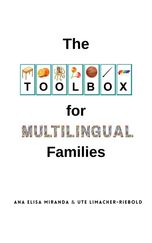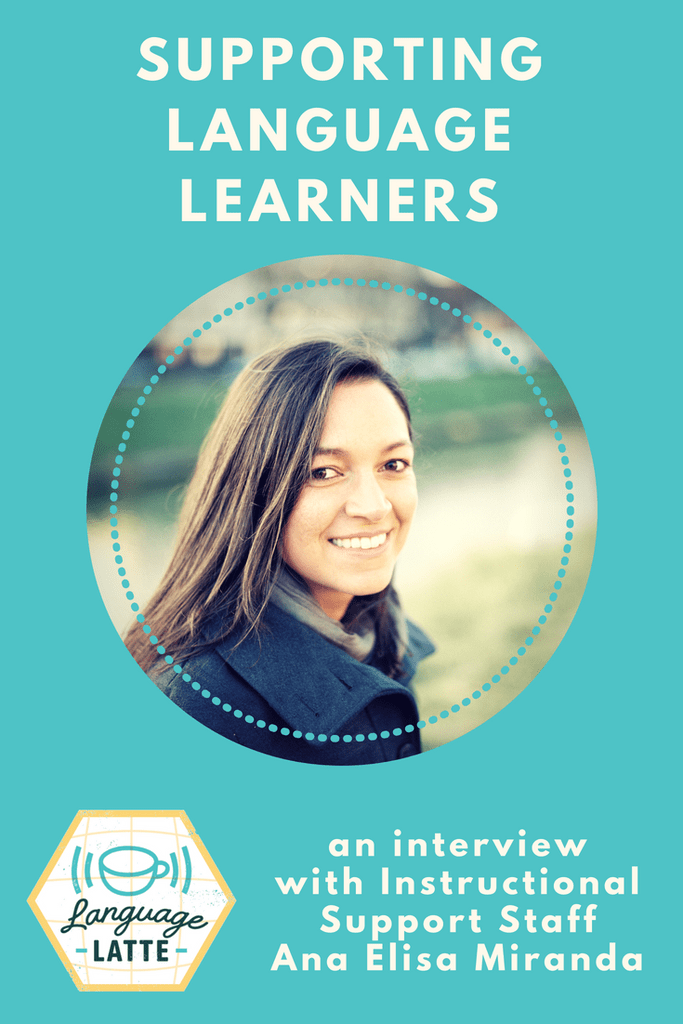No idea what I’m talking about?
Growth mindset is the belief that you can learn and improve your abilities through practice. People who have a growth mindset don’t see mistakes as failure but as an attempt at learning. They are resilient and they will try again, try harder or try a different way until they achieve a goal.
People with a fixed mindset on the other hand, believe that you’re either good or bad at something, that intelligence is something innate and can’t be changed. When they make mistakes they get discouraged and tend to give up.
Encouraging a growth mindset is especially important for school children, so that they understand that learning is a process and that everyone has their own rhythm.
If you’re trying to raise a bi-literate child you might have heard - or said it yourself:
“I’m bad at reading.”
“I’ll never be able to read as well in English as I do in…”
“Maybe reading is just not her thing.”
“I’ve never been a reader either.”
“Reading in a second language will just confuse him.”
“We’ll just stick with one language instead.”
“I’m not a teacher, I can’t do anything to help.”
“She struggles, so now she hates reading.”
“Teaching them to read in a second language is too much of a chore and they resist it.”
If you want to cultivate growth mindset in your home, start by adopting the mantra “Not yet”. Whenever your child says “I’m not good at this”, reply “Well, not yet, but you’re learning.”
When you think “This is not going well, I have no clue what I’m doing”, try thinking “How can I figure this out? Who can I ask for help?”
The way you praise them has tremendous impact on how they behave. “Oh, you’re so clever” or “You’re a natural, like daddy” tells them that they were just born like that, no effort involved. When they struggle and make mistakes they’ll feel like they’ve failed and that they’re not as clever as you thought.
Instead, praise their hard work, their improvement, creative thinking or willingness to try. Make sure they understand that their brains are growing and need time to make new connections. Talk about times when you learned to do something new and difficult. Talk about their favorite athlete or actor and how they had to overcome barriers.
Success comes with resilience and hard work. Reading and writing well (especially in more than one language) takes time and consistent practice.
Check out:
Mindset, by Carol Dweck and her TED talk on The Power of Believing That You Can Improve
For updates and resources, sign up for my email list.
Join the conversation on Facebook.





